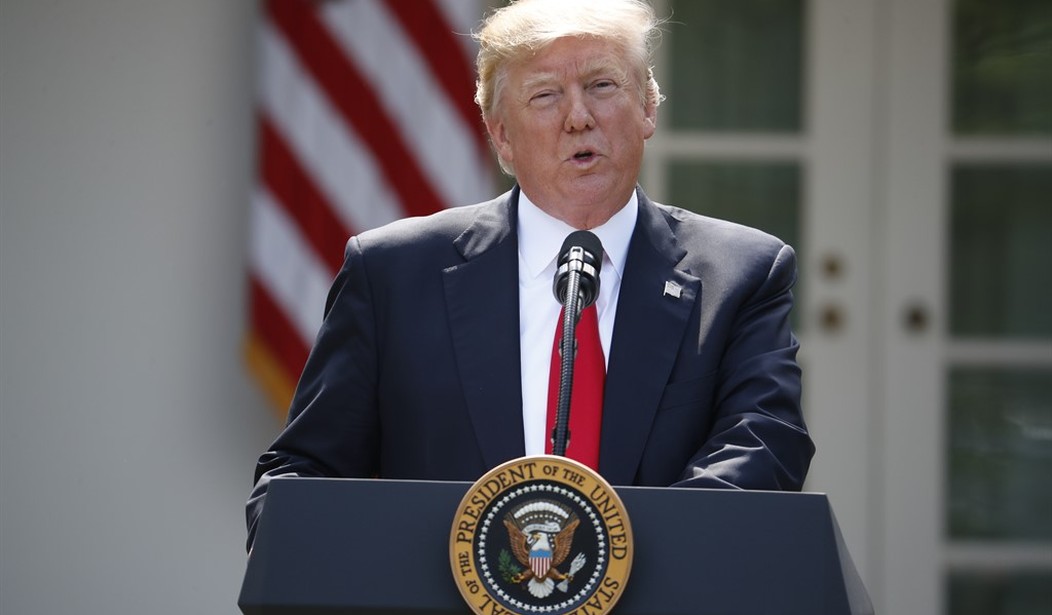About what you would expect. Between the climate-change true believers, other Trump-hating partisan Democrats, and less political Americans who don’t know much about the Paris agreement but blindly favor what sounds like a cooperative status quo, you’d expect a majority opposed to withdrawal.
If there’s a surprise here, it’s the size of the Republican minority that also opposes withdrawal. GOPers split 67/25.
Opposition to Trump’s decision outpaces support for it by a roughly 2 to 1 margin, with 59 percent opposing the move and 28 percent in support. The reactions also break down sharply along partisan lines, though Republicans are not as united in support of the withdrawal as Democrats are in opposition of it. A 67 percent majority of Republicans support Trump’s action, but that drops to 22 percent among political independents and 8 percent of Democrats. Just over 6 in 10 independents and 8 in 10 Democrats oppose Trump’s action…
Beyond economic concerns, the Post-ABC poll finds 55 percent saying Trump’s decision will hurt U.S. leadership in the world, while 18 percent think it will help. Another 23 percent expect no impact. Even supporters of Trump’s action expressed mixed views on this question, with 48 percent saying Trump’s action will boost U.S. leadership, while 48 percent think it will make no difference or will harm the nation’s standing. Among those who oppose Trump’s decision, 77 percent say it will hurt American leadership.
That’s another X-factor. How many people who don’t have strong feelings about the Paris agreement on the merits are nonetheless wary of withdrawing because of the diplomatic fallout? The statistic most commonly cited by the media last week after Trump’s decision had nothing to do with temperatures or sea levels; it was the fact that only two countries in the world, Syria and Nicaragua, had declined to sign the accord. Europeans in particular have been howling at Trump for days over his decision. Americans may be fine in principle with dropping an agreement that does next to nothing to bind the signatories to meaningful emissions reductions while fearing that Trump’s middle finger to the world will come back to haunt him on other more important priorities.
That’s not to say, though, that Americans didn’t support the agreement in substance. If you believe this Yale survey from early last month, even Trump’s own voters backed Obama’s decision to join the agreement:

Note that this question also mentions how many other countries have joined the accord. Republicans may question the scientific consensus on climate change but they don’t seem to question as much the international consensus on whether collective action is needed. (Or at least they didn’t until Trump withdrew this week.) Overall, the public split 69/13 on whether the U.S. should participate in the agreement; Republicans split 51/26. In every single U.S. state, majorities were in favor. No one’s voting next year based on climate change but if Trump follows this with other bold anti-multilateralist moves, which seems like an increasingly distinct possibility, that could start o spook some voters. Americans have had 70 years’ worth of post-war coalition-building to shape their sense of the international status quo. A dramatic break will make even some apolitical voters nervous.








Join the conversation as a VIP Member